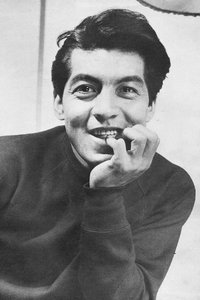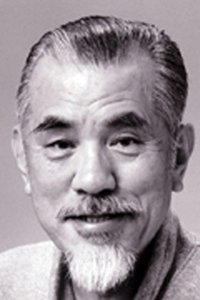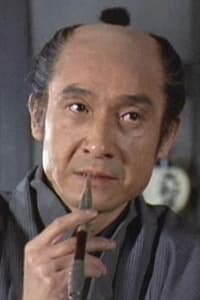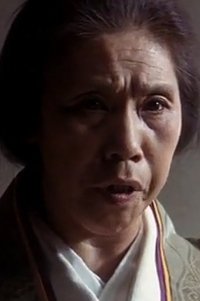Coup d'Etat
Genres
DramaHistory
OverView
A freestyle biopic of Ikki Kita, the ultranationalist intellectual whose ideas inspired the failed military coup in 1936.
Others
Budget
$--
Revenue
$--
Status
Released
Original Language
Japanese
Runtime
110 mins
Rating
6.35/10
Release Date
07 July 1973
Country
Japan











